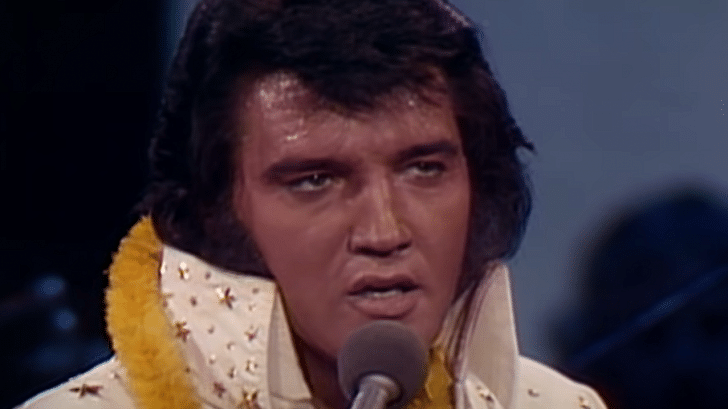In the ever-changing landscape of popular culture, clashes between generations are not uncommon. What was once revolutionary often becomes the enemy of the establishment. Such was the case with Elvis Presley, the King of Rock ‘n’ Roll, who found himself on the other side of the fence, opposing the very revolution he had inspired. Elvis, once hailed as a radical force, became a critic of the new wave, particularly targeting The Beatles, whom he believed were ruining America.
Elvis Presley, with his hip-snaking ways, had transformed America’s music scene, but he wasn’t exactly thrilled about the changes that followed
In 1956, an Army Intelligence Service officer wrote to FBI director J. Edgar Hoover, branding Elvis as “[Elvis is] a definite danger to the security of the United States.” The officer alleged that Elvis’s performances incited sexual passions among teenagers, leading to concerns about potential indulgence and perversion. Although these claims were contentious, they reflected the unease of the older generation towards Elvis’s influence on youth.
The officer continued:
“[His] actions and motions were such as to arouse the sexual passions of teenaged youth. One eye-witness described his actions as ‘sexual self-gratification on stage,’ – another as ‘a strip-tease with clothes on’.”
Furthermore, the officer added:
“It is known by psychologists, psychiatrists, and priests that teenaged girls from the age of eleven,” which doesn’t even make them teenagers, evidencing his twisting of facts, “and boys in their adolescence are easily aroused to sexual indulgence and perversion by certain types of motions and hysteria, – the type that was exhibited at the Presley show. There is also gossip of the Presley Fan Clubs that degenerate into sex orgies. From eye-witness reports about Presley, I would judge that he may possibly be a drug addict and a sexual pervert.”
View this post on Instagram
Fast forward to 1970, Elvis found himself at the FBI headquarters, expressing his concerns about the state of pop culture.
He lamented that figures like the Smothers Brothers and Jane Fonda had poisoned young minds by disparaging the United States. However, it was The Beatles that he singled out as the prime culprits.
Elvis, rooted in his conservative beliefs, viewed the sexual awakening and newfound freedoms of the 1960s with apprehension. He perceived The Beatles as a force promoting anti-American sentiment, attributing the problems with young people to their “filthy unkempt appearances and suggestive music.” In private, his disdain for John Lennon was palpable, reportedly flying into a rage at the mere mention of his name.
In a meeting with President Nixon, Elvis didn’t mince words. He accused The Beatles of making money in the United States and then returning to England to promote an “anti-American theme.” This sentiment, captured in the meeting’s notes, stands as a stark reminder of the disillusionment felt by one of the nation’s icons towards the changing tides of popular culture.
Elvis Presley’s journey from being a revolutionary figure to a critic of the revolution highlights the cyclical nature of generational conflicts

